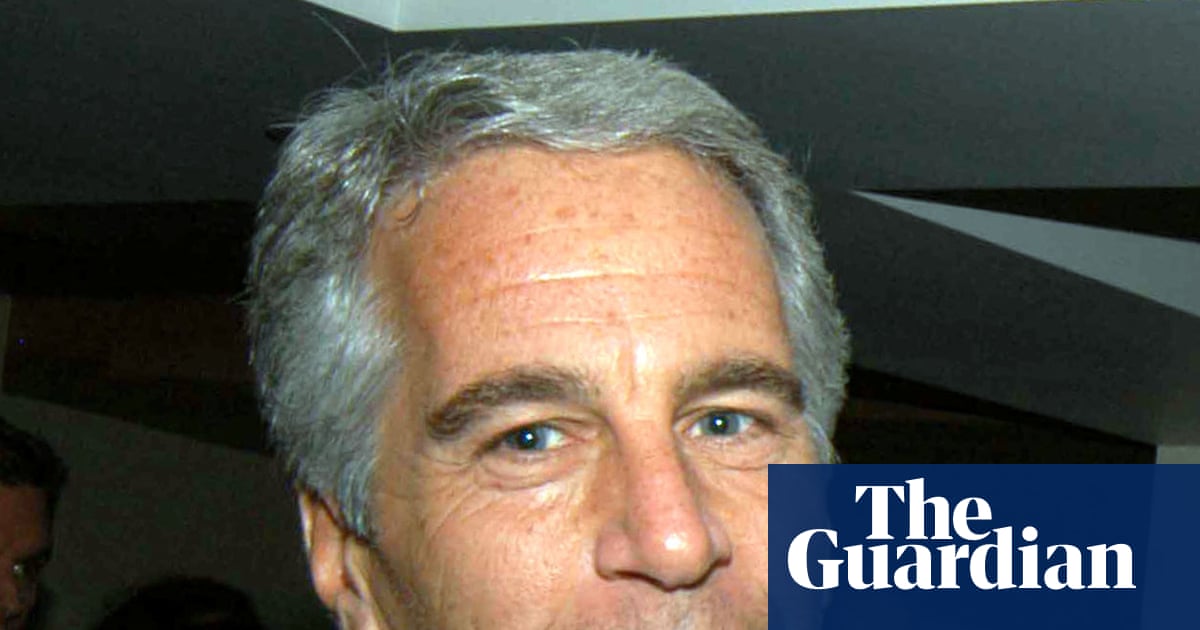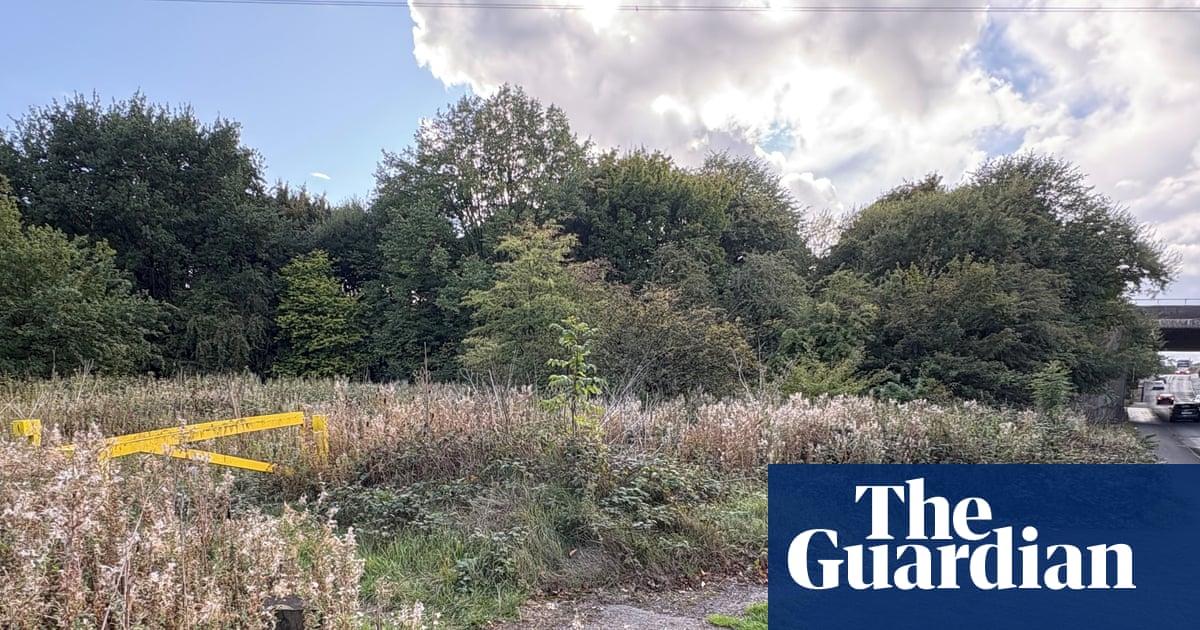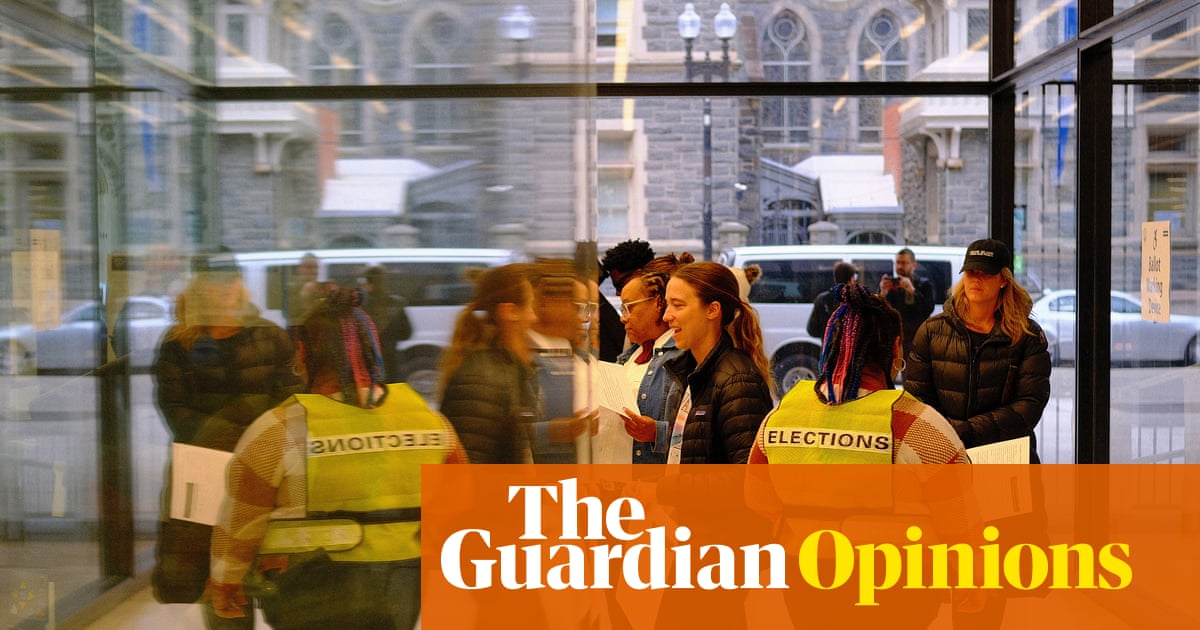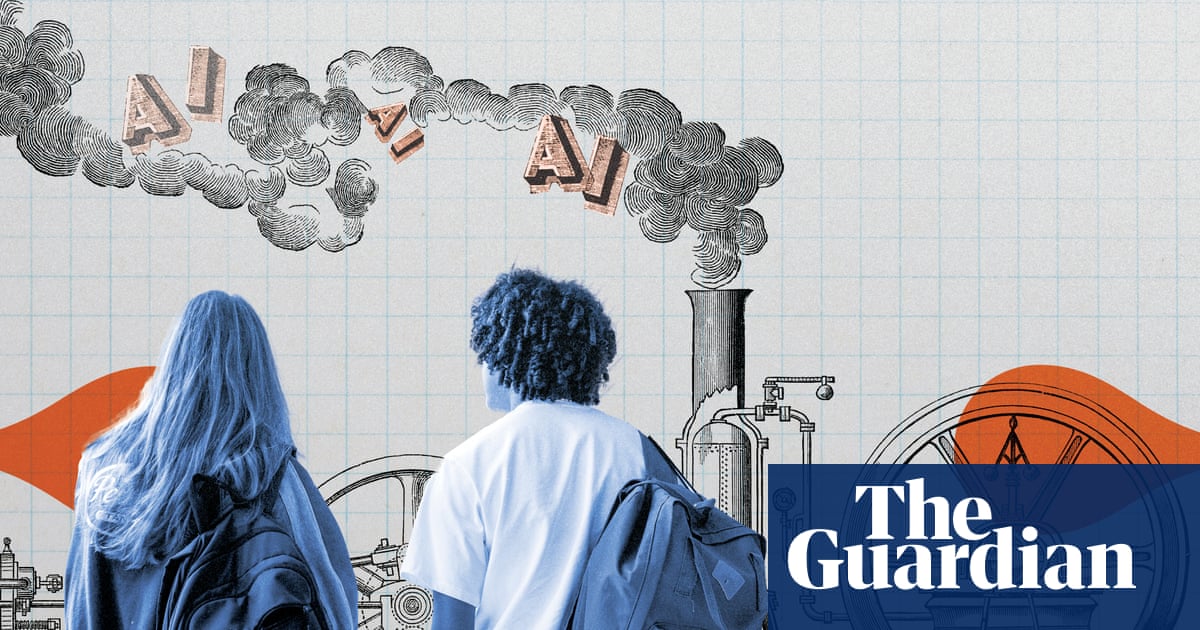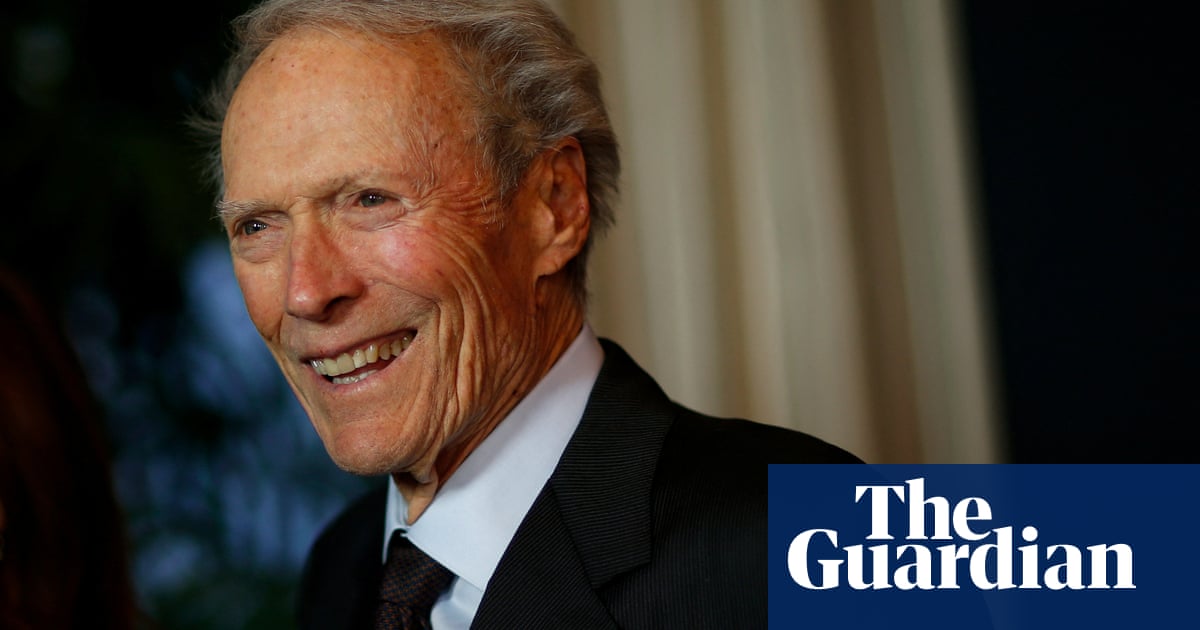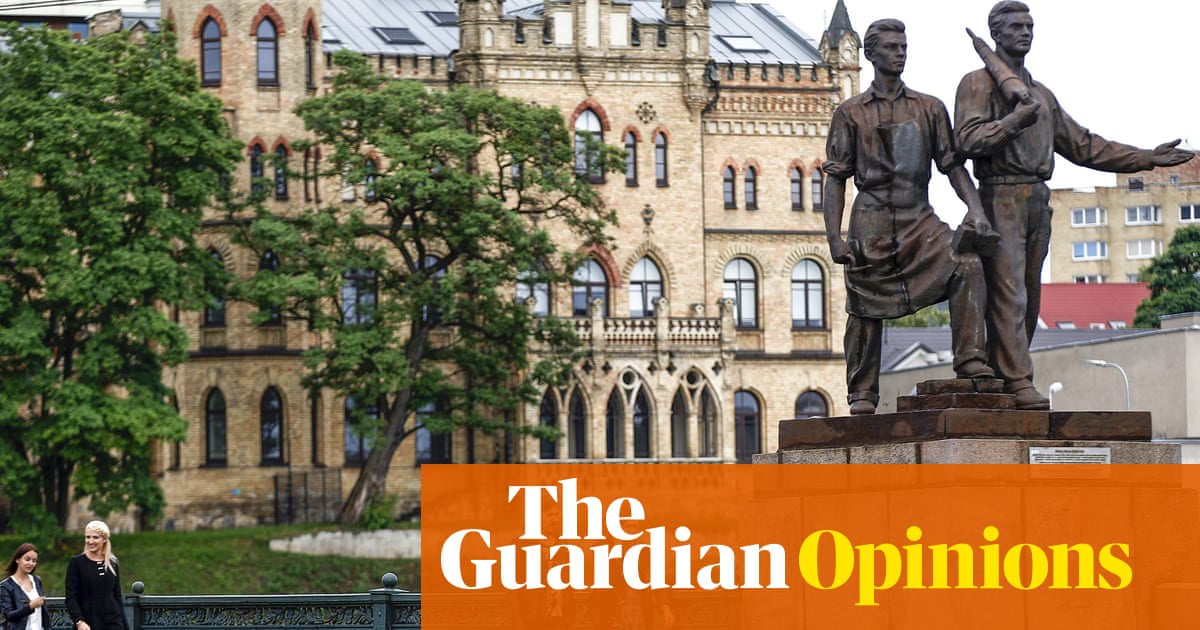Muhammad Hamdy’s debut feature is what you might call an Egyptian stoner flick – if Cheech and Chong were a pair of exhausted, poetry-spouting revolutionaries roaming a broken-down necropolis. Hashish is the means of dulling painful memories and, apparently, preventing subcutaneous eruptions of mint, in this distinctive and stubborn-headed post-Arab-Spring reckoning which comes with magic-realist overtones.
Bahaa (Alaa El Din Hamada) is a disaffected doctor who, on hearing a woman’s complaint about being unable to stop her dead son manifesting, passes her a joint. Wandering through a set of decrepit apartments in a becalmed nocturnal purgatory, pursued by sprinting shadows and bemoaning his lost love Dalal, it seems he and his friend Mahdy (Mahdy Abo Bahat) have joined the ranks of the ghosts themselves. These ruins are psychological as much as anything: their dealer, a former Black Block activist, laments the failed revolution. Another acquaintance laments the 171 bullets that ended his life. There is much lamentation.
With long dialogue scenes, Hamdy cleaves close to the Arabic verbal poetic tradition – though his tokers aren’t just lyrical but acerbic as well. “Talk to the letter,” bids Mahdy to Bahaa, referring to the sodden missive from his ex carried by the latter, which constantly soaks his trousers so everyone thinks he’s wet himself. But Hamdy isn’t merely loquacious but visual as well: showing his background as a cinematographer (he won an Emmy for his work on 2013 Tahrir documentary The Square), he chiaroscuros the hell out of the deadbeat exchanges, occasionally breaking into ambiently soundtracked panning shots that recall Antonioni’s famous shot in The Passenger.
Perfumed With Mint’s prolonged stasis becomes a bit wearing, but that is presumably the point: to relay the inertia of a society doubly haunted by the loss of the revolution’s unknown soldiers and disappearances under President el-Sisi’s repression. The mint symbolism is curious: growing out of Mahdy’s afro and people’s wounds, it seems to represent the creeping ruination of civilisation, the start of a myth-like reversion to dumb nature. But when it appears again in the lead-up to a surprisingly optimistic coda, it might also be a renewal. Hamdy, despite some longueurs, certainly shows a freshness of expression here.

 2 months ago
58
2 months ago
58







